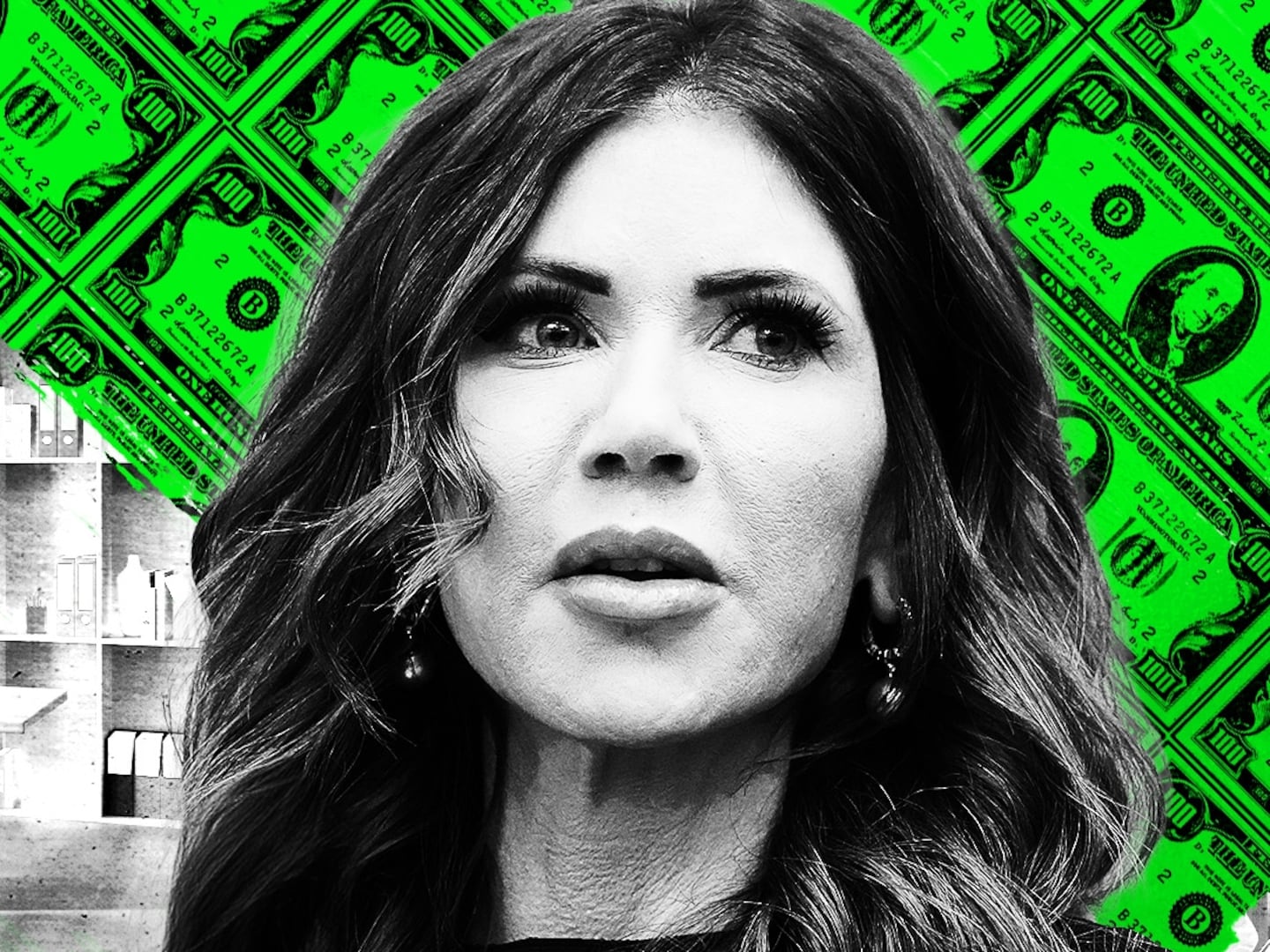If Democrats lose big on Tuesday, as it appears they might, it will be time to ask some serious questions, including: How is it possible that they lost to a political party as weird and conspiratorial as today’s version of the GOP?
Some of this can simply be dismissed as a bad year and worse timing. President Joe Biden’s approval ratings are low, and the president’s party historically gets thumped during midterms. But it would be a mistake to use these factors to avoid introspection. And this isn’t just my opinion. After conducting their own nationwide polling, the center-left think tank Third Way has concluded that “While it might be comforting to blame any midterm losses solely on historical trends, this [survey] data makes crystal clear that there is a much deeper problem at play.”
You don’t need a pollster to know which way the wind’s blowing. Republicans actually gained House seats in 2020 (and would likely have held the U.S. Senate if Donald Trump hadn’t sabotaged two races in Georgia). The 2024 congressional landscape looks even more daunting than it did in 2022, with Democrats defending Senate seats in red states like West Virginia and Montana. And who could forget that the presumptive 2024 presidential candidates are Biden and Vice President Kamala Harris (enough said).
Simply put, Democrats would be foolish to sweep their troubles under the rug and pretend that whatever bad happens on Tuesday (we see through a glass darkly) was nothing more than a cyclical phenomenon.
For one thing, Biden’s low approval ratings did not randomly befall him. The president’s slide in popularity began with a disastrous withdrawal from Afghanistan. Additionally, his policies likely contributed to the rise of inflation, which (along with the economy in general) is the dominant issue facing voters this cycle.
Biden also backed progressive policies that were meant to spur the turnout of young Democrats. The prime example of this was the student loan bailout, which, according to Third Way’s survey, voters oppose “by 13 points (22 points among swing voters).”
Rather than confronting the economy, Dems also decided to focus on abortion rights and “threats to democracy” as the means to motivate their base. The zeitgeist this summer seemed to provide a glimmer of hope that they could pull off this trick and defy history (or, at least, mitigate their losses). But as summer faded into fall, those hopes evaporated.
So how is it possible that Democrats could lose to a party who fields weird and conspiratorial candidates (like Donald Trump, Kari Lake, and Herschel Walker—just to name a few)?
According to Third Way’s findings, “Despite a roster of GOP candidates who are extreme by any standard, voters see Democrats as just as extreme…”
Progressive readers may have difficulty understanding this, but for much of the country (and I’m not just talking about Trump fans), far-left ideas and activists are more troubling than the crazy candidates and conspiracies on the right.
Hot-button topics like critical race theory, transgender issues in schools, “social justice” riots, and “defund the police,” are simply more bothersome to a lot of the electorate than Trump’s attempts to overturn the 2020 election.
To be sure, some of the worries about left-wing radicalism are overblown or exaggerated—but not all of them. Indeed, according to liberal journalist Kevin Drum, (who charted changes in public attitudes on issues like abortion, guns, gay marriage, taxes, and religion), “Since 1994, Democrats have moved left far more than Republicans have moved right.”
This sense seems to be confirmed by the Third Way memo, which continues: “Less than half [of likely voters surveyed] (46 percent) describe Democrats as patriotic… A paltry 43 percent say Democrats share their values overall and a similar proportion (44 percent) think the party looks out for the middle class—a core element of a winning Democratic brand. Compounding these problems, a majority of voters (55 percent) describe Democrats as preachy and 53 percent say the party is “too woke.” And while 54 percent call Republicans ‘too extreme,’ a strikingly similar 55 percent of voters say the same about Democrats—with 59 percent saying the party has gotten more extreme in recent years.”
In a rational world, the rise of MAGA candidates would have been punished by the market. As Republicans ceded territory and surrendered the brand of being “serious,” “decent” and “mainstream,” Democrats would have moved to the sane center, seized this abandoned terrain, and emerged into something like a majority governing party.
Instead, Democrats—fueled by a desire to turnout the base and the preferences of a cadre of young ideologically progressive operatives and activists—settled on exciting their base with more big spending bills, talk about “abortion rights,” and handouts to liberal interest groups.
Doesn’t anybody know how to play this game?
If Republicans win big Tuesday, their interpretation will be that Trumpism has been given a mandate. Instead of fighting fire with fire, Democrats should respond by seizing the center.
If Dems really think Trumpism threatens democracy, then they owe it to the nation to make whatever changes it takes to win. Even if that means (gasp!) being more moderate.









